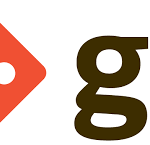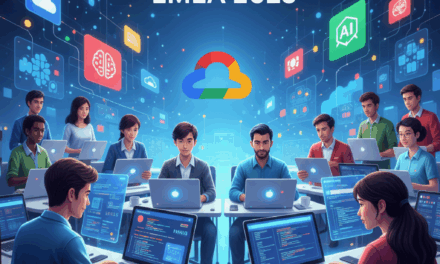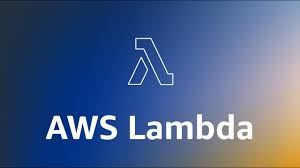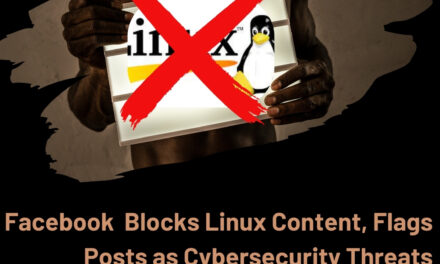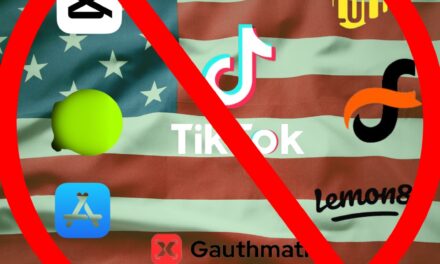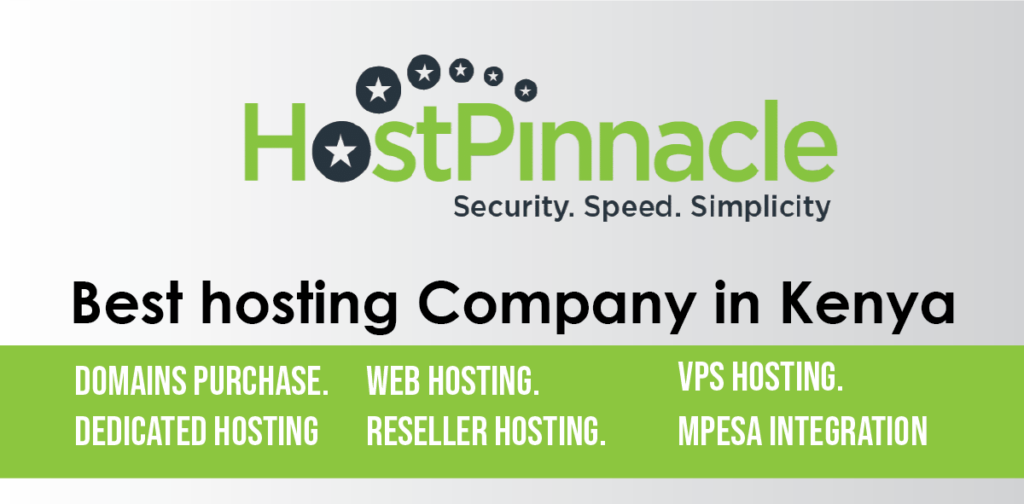
Should You Use a Free VPN? The Truth Revealed 🔍
Introduction
Online privacy, in this world, has come to resemble more of a luxury than a right. VPNs promise to provide a shield between us and the prying eyes of others. Free VPNs, with their free appeal, seem to be a dream come true—especially if you’re just a casual browser or trying to watch a show from another country. But there is a catch: for all the money saved, there is much to lose in terms of safety. This article will unlock the hidden dangers of free VPNs, with concrete examples that prove why a paid VPN can bring much peace of mind.
What Is a VPN?🔐
VPNs, or virtual private networks, are like a secret tunnel for your internet traffic. It hides your IP address (your digital home address) and scrambles your data so that no one, neither your internet provider nor hackers nor even the government, can snoop on what you’re doing. Whether you’re on public Wi-Fi at a café or trying to stream a movie blocked in your area, it keeps things private and secure. Free VPN plans provide all this for zero bucks, but there’s a catch: many treat your data as their paycheck.
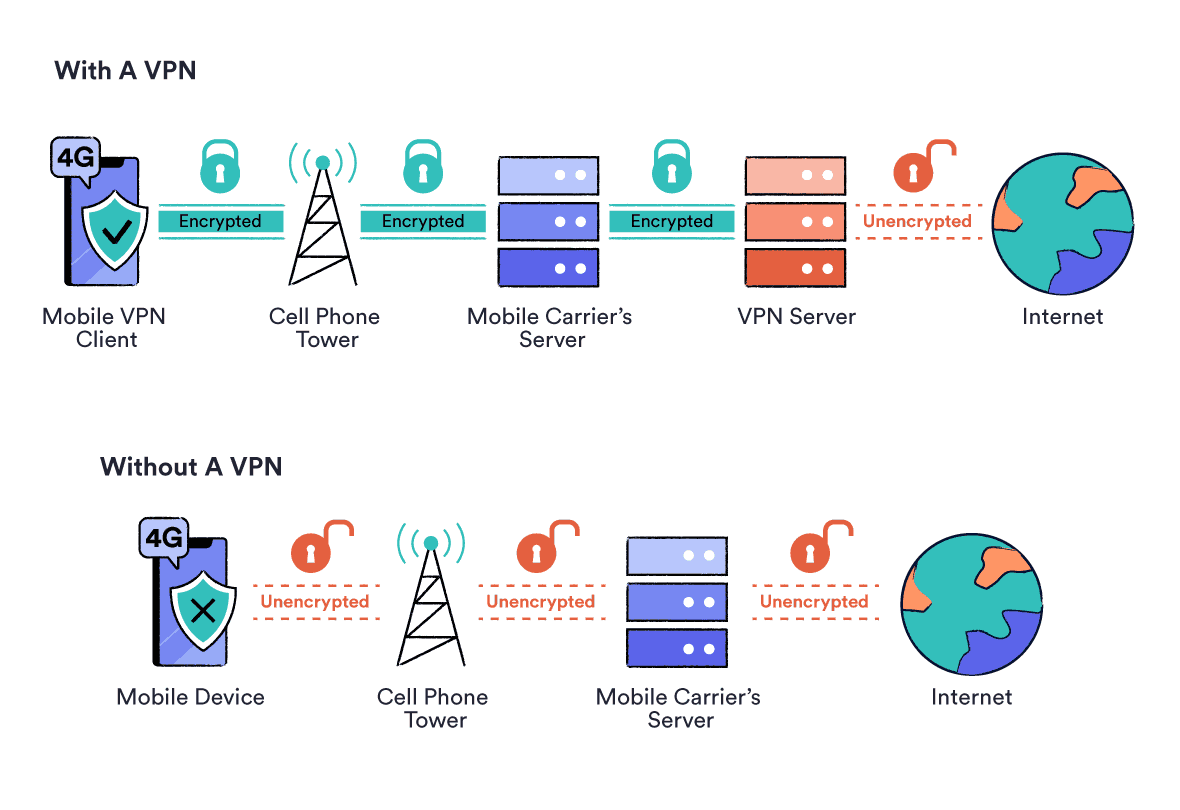
Why Free VPNs Sound Great (But Aren’t) 🤔
It might not be everyone’s favorite, though, since one person does view sets mechanically—matrix frames—like every other free thing he has ever encountered to make money via advertisements. It always looks great; to check emails maybe on the go, or dodge a funny geo-block thing. Here’s the real deal: keeping the servers is likely not cheap. 🤷🏽 So reasonable, if you’re not charging, one does presume your info is sold for some ads or such, etc. It’s like getting a free house that’s secretly bugged with cameras. 🏠 Making some money with the free VPNs attracts everyone.

The Big Risks of Free VPNs ⚠️
Privacy Goes Out the Window 🚪
- Data for Sale: A shocking 71% of free VPNs collect and sell your browsing habits—where you go, what you click—to advertisers, data brokers, or even worse, government agencies. So much for staying anonymous! 🕵️♂️
- You’re the Product: If a service is free, your data is the real price you’re paying. Your online activities turn into profit for them. 💵
- Hidden Tracking: Some free VPNs secretly install tracking scripts, following you across the web, even when you’re not using the VPN.
Security That’s More Hole Than Shield 🔓
🔓 Weak Security & Data Exposure
- Weak or nonexistent encryption, leaving your personal data exposed.
- IP leaks that reveal your real location, making you traceable.
- DNS leaks that allow ISPs, hackers, or government agencies to see your browsing history.
- Outdated security protocols that can be cracked by hackers in minutes.
🔑 Credential Theft & Account Hijacking
- Stolen passwords and login details sold on the dark web.
- Session hijacking, letting hackers take over your accounts without needing your password.
- Keyloggers that track every keystroke, including banking details and private messages.
- Man-in-the-Middle Attacks (MITM): Attackers can intercept your data in real-time, stealing login credentials and personal information.
📸 Device & Camera Spying
- Unauthorized camera & microphone access, letting hackers spy on you in real time.
- Screen recording without your knowledge, capturing sensitive data.
- Full device control, allowing attackers to install malware, steal files, or remotely operate your phone or PC.

📱 Device Takeover & Forced Logouts
- Session hijacking that lets hackers kick you out of your own accounts.
- Credential injection, altering your login details without your knowledge.
- Device corruption, where malware-infested VPNs can damage your system, leading to crashes or data loss.
- Bricking your phone or computer, making it completely unusable.
📊 Your Data Becomes Their Product
- Browsing history, app usage, and online habits collected and sold to advertisers.
- Injected ads & tracking scripts, turning your browser into an ad factory.
- Fake “no-logs” policies, where VPNs claim not to track you but secretly store your data.
- Third-party partnerships, where your information is shared with unknown companies.
🐍 Malware, Ransomware & Botnets
- Hidden spyware that monitors your every move, even after uninstalling the VPN.
- Ransomware attacks, locking your files and demanding payment to restore access.
- Botnet recruitment, where your device is used in cyberattacks without your consent.
- Cryptojacking, where your phone or PC is secretly used to mine cryptocurrency for hackers.
🚨 Legal & Compliance Issues
- Government surveillance: Many free VPNs operate in countries with weak privacy laws, allowing governments to demand user data.
- Terms of Service violations, leading to account bans from platforms like Netflix, banking apps, or work-related services.
- Fake VPNs, designed solely to steal your data and compromise your security.
- Hidden jurisdiction risks, where your data is stored in places with no user protection laws.
Barely Usable Features 🐢
- Slow and Unreliable: Free VPNs often limit bandwidth, causing buffering, lag, and connection drops—frustrating when streaming or gaming. 📺⏳
- Overcrowded Servers: Expect poor speeds due to thousands of users crammed into a handful of servers. 🌐🐌
- Limited Data Caps: Many free VPNs cut you off after 500MB or 1GB per month, making them useless for regular browsing.
- Unstable Connections: Frequent disconnections mean your real IP address might leak without warning.
No Help When You Need It 🙅♂️
- No Customer Support: If something goes wrong, you’re on your own. Most free VPNs don’t offer support, so you can’t ask for help. 🛠
- Hidden Troubleshooting Costs: Some VPNs force you to upgrade to fix speed or connection issues, tricking you into paying.
- Frequent Downtime: Many free VPNs shut down unexpectedly, making them unreliable for long-term use.
Shady Business Practices 🕶
- Legal Gray Zones: Many free VPNs are based in countries where privacy laws are weak, meaning your data could be handed over to authorities, intelligence agencies, or cybercriminals. ⚖️
- Unstable Services: Some free VPNs disappear overnight, taking your data with them or leaving you vulnerable to security threats.
- False Promises: They claim “military-grade encryption” or “100% privacy,” but audits often reveal security flaws and secret data sharing.
Real-World Wake-Up Calls 🚨
- Super VPN Disaster (2023): A free VPN called Super VPN leaked 360 million user records—emails, IPs, locations—all up for grabs on the dark web. That’s like leaving your diary in a hacker’s mailbox.
- 📬💔 25 Million Exposed (2022): Another free VPN’s logs went public, showing exactly who was where online. Hackers could use this to track or scam users
- . 👀 iOS Sneakiness (2019): 80% of top free VPN apps on iPhones broke Apple’s rules by sharing data, proving even “trusted” names can betray you. 🍏❗
Free vs. Paid VPNs: The Showdown ⚔️
| What Matters | Free VPNs (💸 Your Data Pays the Bill) | Paid VPNs (🔒 True Security) |
|---|---|---|
| Cost | Free | $5–$15/month |
| Privacy | Often tracked and sold | No-logs promise, often audited |
| Security | Weak encryption, malware risks | Top-notch encryption, safe from bugs |
| Features | Slow, capped, few servers | Fast, unlimited, global options |
| Support | You’re on your own | 24/7 help via chat or email |
| Reliability | Drops and glitches galore | Smooth sailing, all day |
Paid VPNs aren’t perfect, but they’re built to protect, not profit off you. 👍
What to Use Instead 💡
Ditching free VPNs doesn’t mean breaking the bank. Here’s what works:
- DIY Solutions: If you’re an IT professional or tech-savvy, you can create your own VPN by renting a server on AWS and configuring it to your needs. This option gives you full control over your security and privacy. ⚙️💻
- Paid Powerhouses: NordVPN, ExpressVPN, or Proton VPN offer ironclad security and speed. Many have free trials or money-back deals to test them out. 🚀
- Safe Freebies: Proton VPN’s free tier is legit—no ads, no data selling—but it’s basic (fewer servers, slower speeds). 🆓
- Browser Tricks: Opera’s built-in VPN is handy for light browsing, though it’s not a full shield. 🌐
7. How to Pick a VPN That Won’t Stab You in the Back 🔍
- No Logs, For Real: Check for a no-logging policy backed by audits—proof they don’t track you. 📜
- Strong Defenses: Look for 256-bit AES encryption and protocols like WireGuard or OpenVPN (fancy terms for “super secure”). 🔐
- Good Vibes: Read reviews from real users, not just ads. 👍
- Help on Speed Dial: 24/7 support means you’re never stuck. 📞
- Safe Home Base: Pick a VPN from a privacy-friendly country, not a surveillance hotspot. 🌍
8. Quick Answers to Your Questions ❓
- Are free VPNs ever okay?
For casual stuff, maybe—but the risks outweigh the savings if privacy matters to you. 🤷♂️ - What if my free VPN messes up?
Disconnect fast, scan for malware, and switch to a paid option. Update passwords, too. 🔄 - Can I just use it for fun?
Sure, but don’t log into anything important—your data’s at risk. 🚫
Conclusion: Don’t Roll the Dice with Free VPNs 🎲
Free VPNs sound like a steal, but the truth is they’re often a trap. From selling your secrets to leaving you open to hackers, the dangers—like Super VPN’s massive breach—prove the stakes are too high. 🔥 A paid VPN might cost a few bucks, but it buys you real security and peace of mind. Can’t swing it? Proton VPN’s free tier is a rare safe bet—just know its limits. Either way, your online life deserves better than a risky freebie. 💪
Want to Dig Deeper? 🔍
- CNET: “Why You Shouldn’t Use a Free VPN” (2025)
- Top10 VPN: “71% of Free VPNs Share Your Data” (2024)
- Cyber Daily: “Super VPN’s 360M Record Leak” (2023)
- Security.org: “Best Free VPNs—if You Must” (2025)



